The Most Common Causes Of Hemorrhoids
Though most individuals do not discuss them, hemorrhoids are a surprisingly common medical condition. Almost seventy-five percent of all adults will end up with hemorrhoids at some point. Hemorrhoids occur when the veins in the rectum and anus become inflamed, resulting in itching and discomfort, particularly when sitting or having bowel movements. Many individuals with hemorrhoids also experience painless bleeding. Hemorrhoids happen whenever there is too much pressure put on the veins around the anus, so a few different issues can cause them. These are the top causes of hemorrhoids.
A Low-Fiber Diet
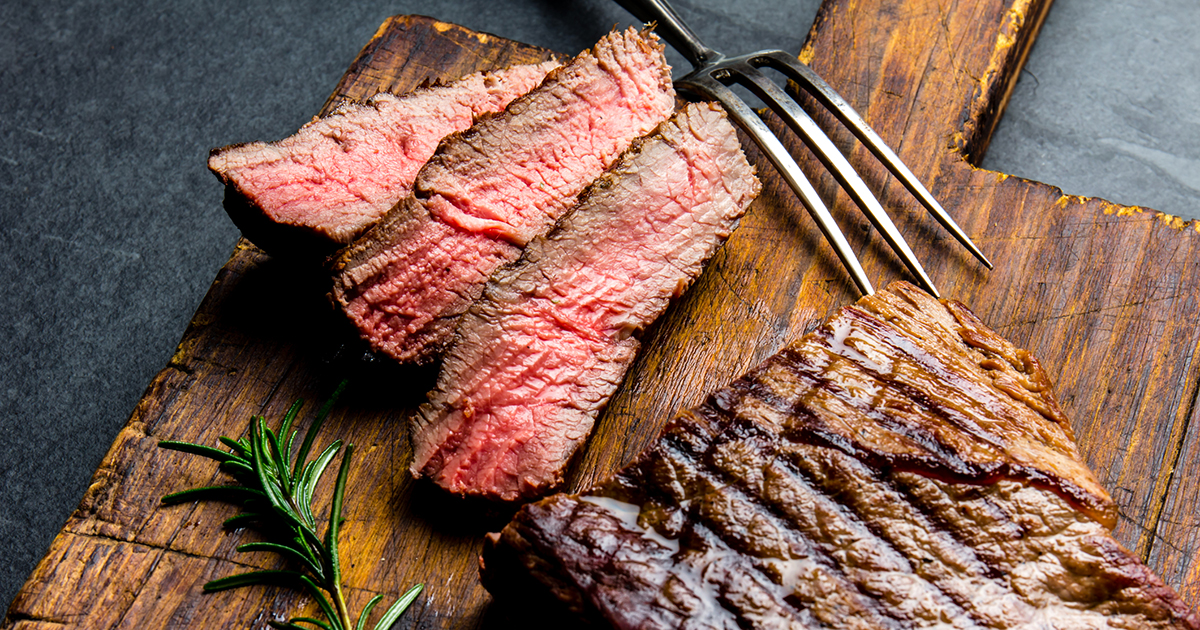
Fiber is a type of indigestible material frequently found in vegetables, fruits, grains, and beans. Even though fiber is not digestible, it plays an important role in digestion. Fiber absorbs water and helps create soft stool, and also pushes stool through the intestines as the rest of the food digests. Without enough fiber in their diet, individuals are very likely to develop hemorrhoids. The main reason a low-fiber diet causes hemorrhoids is because it tends to result in chronic constipation. All of the time spent straining on the toilet damages the blood vessels around the anus, resulting in hemorrhoids. An individual on a low fiber diet also tends to have much firmer stool than usual. This harder stool puts a lot of pressure on the lower part of the intestinal system as it passes through, and the excess pressure can make hemorrhoids form.
Get ready for the next cause of hemorrhoids now.
Obesity
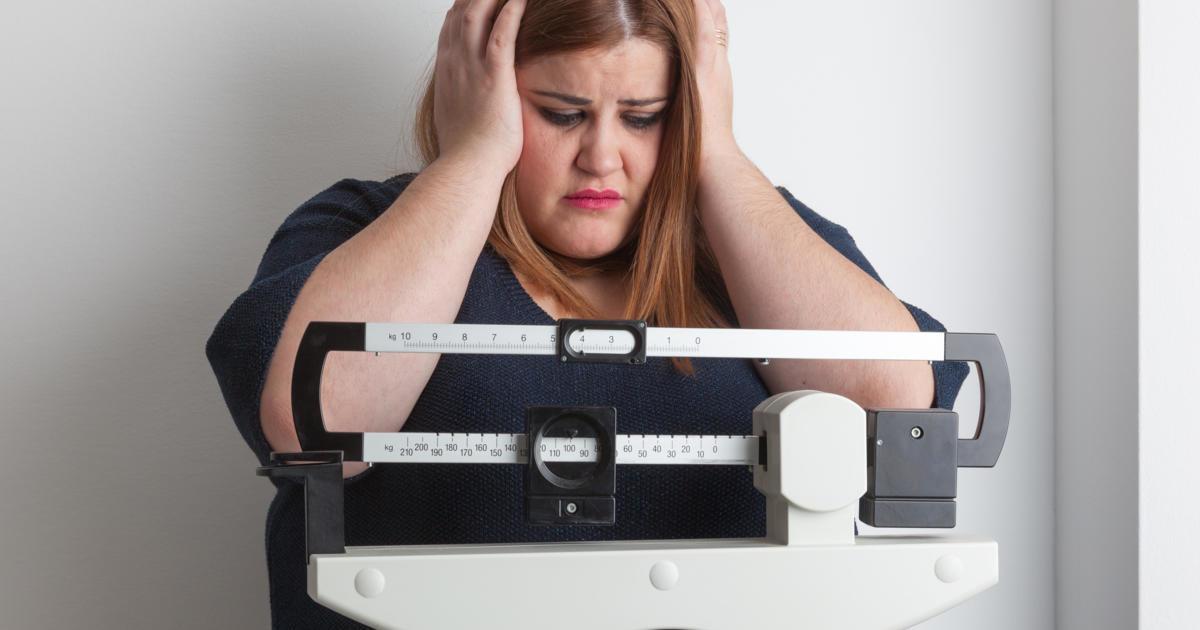
Obesity causes hemorrhoids through multiple mechanisms. The first way it causes hemorrhoids is by putting more strain on the entire body. Having all the extra weight on one's frame puts a lot of pressure on veins. As veins are repeatedly stretched, they gradually lose elasticity and start having blood pool in them. The inflammation often worsens over time unless an individual begins to lose weight. Obese individuals are also more likely to get hemorrhoids because they tend to be sedentary and eat a poor diet, which can lead to poor muscle tone and constipation that further puts pressure on the veins in the area.
Keep reading to learn about another cause of hemorrhoids.
Straining During Bowel Movements
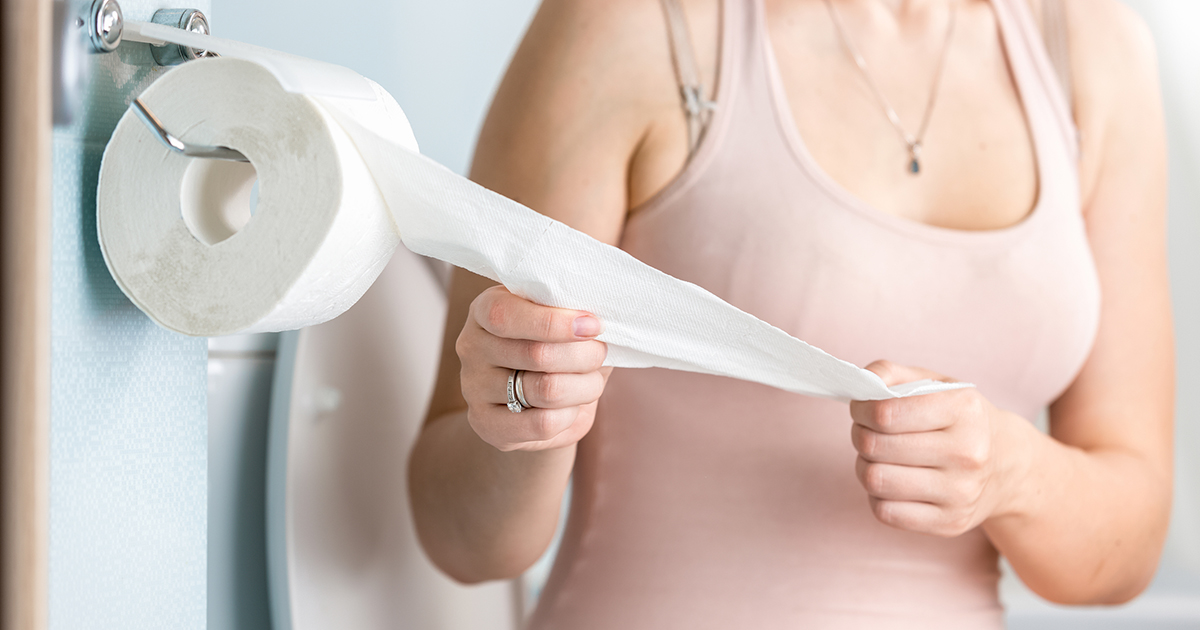
Hemmorhoids commonly occur when an individual frequently has bowel movements requiring excessive straining. Both chronic constipation and diarrhea can result in hemorrhoids. Straining during bowel movements causes hemorrhoids because it affects the way blood flows through the vessels around the area. When an individual strains while trying to move their bowels, random portions of a blood vessel may get enlarged due to blood pooling in the area. Over time, this repeated enlargement stretches out the blood vessel, causing it to become enlarged and inflamed. Because straining during a bowel movement can cause hemorrhoids to develop, they are far more common among people with intestinal problems. Patients with Crohn's disease or ulcerative colitis are more likely to end up with hemorrhoids because their health problems cause them to regularly strain while using the toilet.
Continue to reveal the next cause of hemorrhoids now.
Sitting For A Long Time On The Toilet
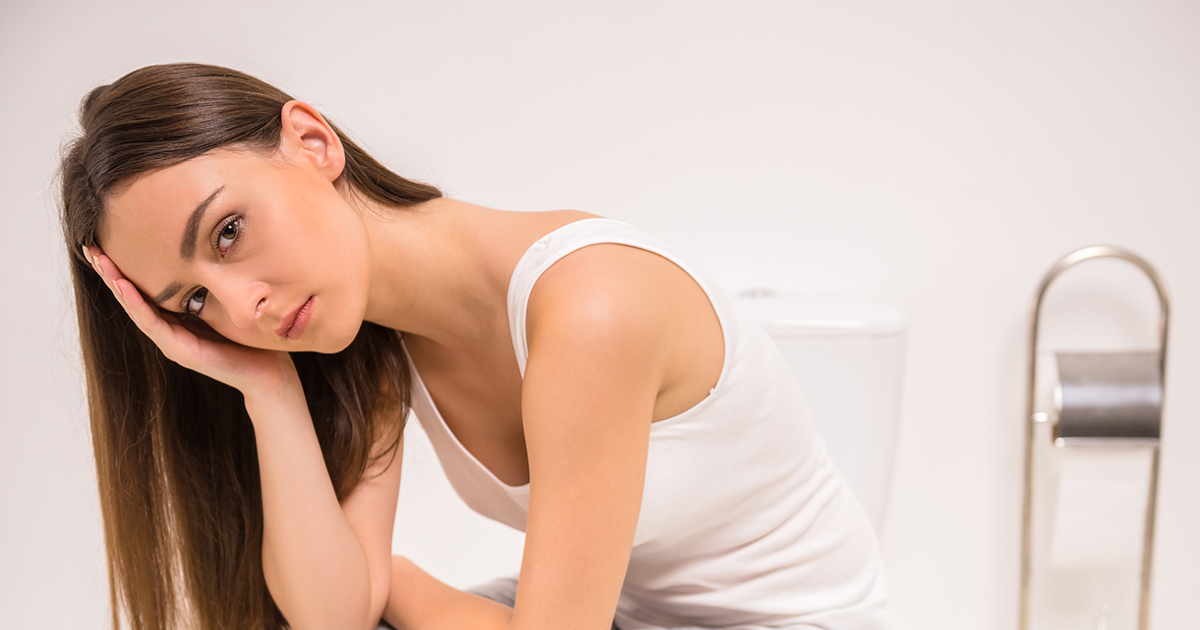
With the rise of the smartphone, a relatively rare cause of hemorrhoids is becoming more common. Many individuals go to the bathroom to get a little peace and quiet while they play with a phone. Unfortunately, spending long amounts of time on the toilet can end up causing hemorrhoids. Even if an individual is not straining or actively having a bowel movement while sitting on the toilet, the position can result in hemorrhoids. This occurs because the position of sitting on the toilet puts all of their weight on a relatively small region of the bottom, which puts a lot of strain on the veins located in the rectum. Repeatedly sitting a long time on the toilet places so much stress on the veins that hemorrhoids can develop. To avoid this cause of hemorrhoids, medical professionals recommend to only sit on the toilet for the amount of time it takes to actually use the toilet. In general, this means spending no more than ten minutes on the toilet at a time.
Reveal the next common cause of hemorrhoids now.
Pregnancy
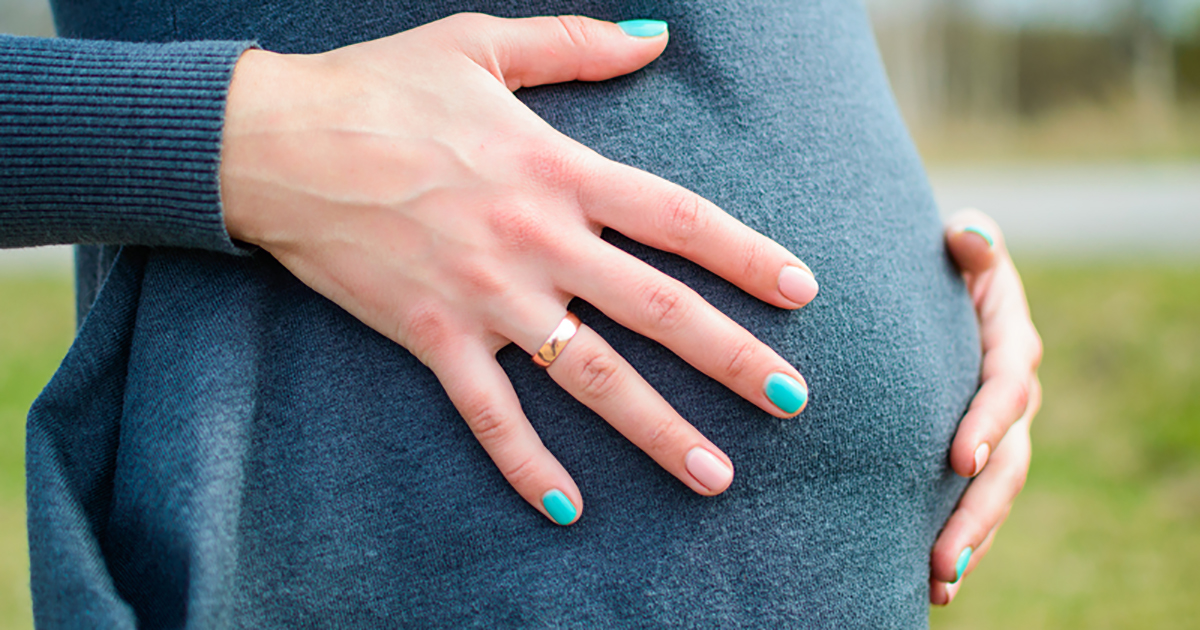
Many women suffer from hemorrhoids during pregnancy even if they do not have them normally. The main reason is the growing uterus and fetus put a lot of weight on the pelvic region. The excess weight keeps blood from returning to the heart as easily, so it tends to pool in the veins. Pregnancy also causes hemorrhoids because pregnant women have higher levels of progesterone, which helps nourish a developing baby by relaxing the walls of the veins, but unfortunately, the relaxed vein walls are also more likely to bulge and swell when pressure is put on them. Progesterone further contributes to hemorrhoids by slowing down the intestinal tract and causing constipation that can strain veins around the anus. Pregnant women are particularly likely to get hemorrhoids during the third trimester when uterus size and weight is at its highest level.
Uncover more causes linked to hemorrhoids now.
Chronic Diarrhea Or Constipation
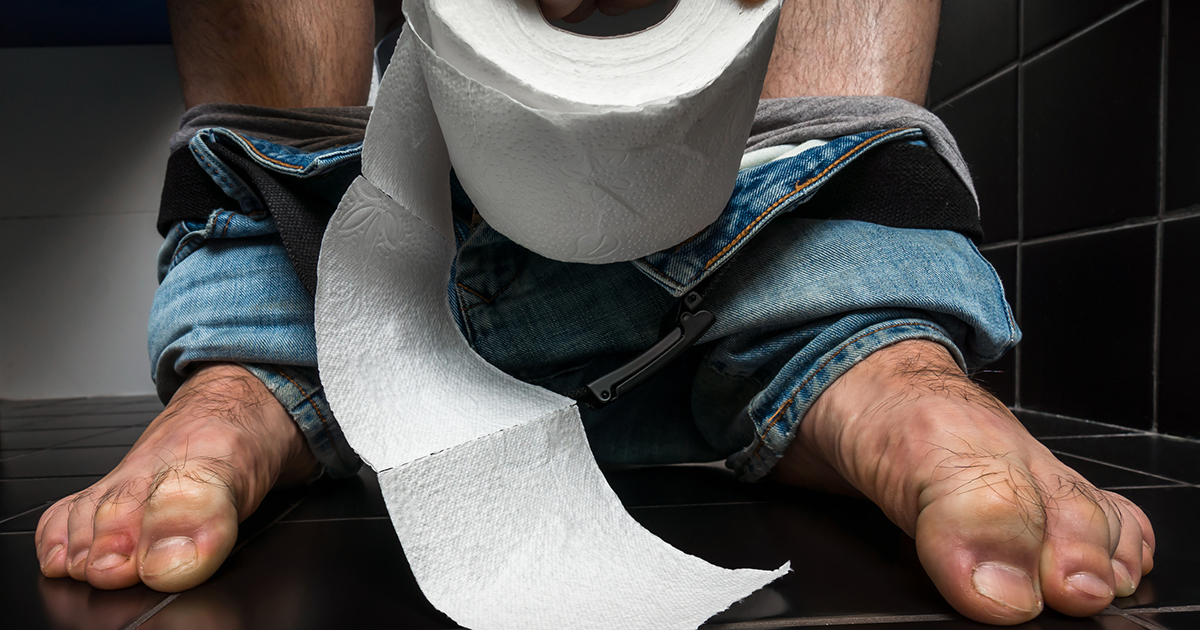
Individuals who experience chronic diarrhea or constipation may develop hemorrhoids as a result of their ongoing digestive difficulties. The speed at which food moves through the digestive tract is what determines the stool consistency. Food moves from the stomach into the small intestine for nutrient absorption. It then moves into the large intestine, which is responsible for the absorption of fluids from the food. Constipation occurs when food moves through the large intestine too slowly. This malfunction means food spends a longer duration inside of the large intestine. The colon continues to absorb fluid from the food until it exits the body as stool. Diarrhea occurs when food moves through the large intestine too quickly. As a result, the colon is unable to absorb enough fluid from the food. This malfunction causes watery or loose stools called diarrhea. Hemorrhoids are the cushions of blood vessels located in the anus that hold stool in. These pockets are attached to the muscle underneath them that functions to push the stool out of the body. When stools are very hard, the affected individual uses this muscle in excess. This overuse can cause the hemorrhoids to stretch and fill with blood, resulting in unpleasant symptoms. Diarrhea inflicts erosion on the anal lining and causes the hemorrhoid pockets to become inflamed. Diarrhea also results in excessive use of dry toilet paper that causes increased friction in the area, which exacerbates the hemorrhoid inflammation.
Read more about the most common causes and risk factors linked to hemorrhoids now.
Straining When Lifting Something Heavy

Hemorrhoids can form when an individual is straining when lifting something heavy. This strain can be from engaging in the sport of weightlifting, or when moving large, cumbersome, and heavy objects such as furniture or appliances. Hemorrhoids occur most often when the individual is not practicing proper breathing techniques in the process of excessive pressure exertion on their abdominal muscles, pelvic muscles, and perianal muscles. The simultaneous contraction of all of these muscles at once places significant force on structures inside of the individual's lower pelvic region. This strain can cause insufficiency in the function of the valves contained within the veins responsible for returning poorly oxygenated blood to the heart. Blood begins to accumulate and pool up in these vessels that line the hemorrhoid pockets, initiating an inflammatory response by the immune system. This response causes further swelling and pain in the affected area due to the mechanism of inflammatory blood vessel dilation. The swollen vessels in the hemorrhoids enlarge from the swelling and may distend out of the anus.
Keep reading for more details on what can cause hemorrhoids now.
Standing For Long Periods
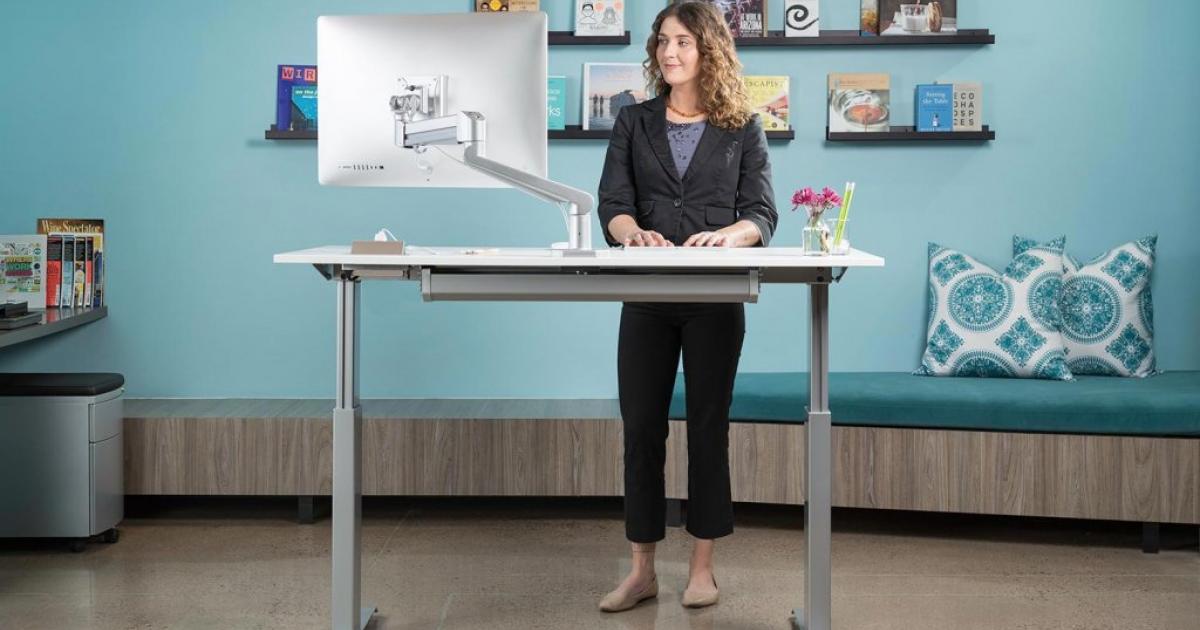
An individual may develop hemorrhoids from a frequent habit of standing for long periods. Most often, this cause is attributed to occupational factors that result in the individual standing for long work shifts. Those who sit or stand in the same position for extended durations typically have a higher anal resting pressure than those who do not. This means the hemorrhoid pockets and connective tissue surrounding them are generally under more pressure constantly as an adaptation to the individual's standing stationary for hours on end. Over time, this elevated anal resting pressure can cause the connective tissues that function to secure and hold the hemorrhoids into their respective places to progressively weaken. When these connective tissues are too weak, the veins in the hemorrhoid pockets develop insufficiency in their function of blood return to the heart. Blood pools up in the hemorrhoids, causing them to become engorged. The individual's immune system responds and further exacerbates the swelling because of its inflammatory cellular repair processes that include blood vessel dilation. The hemorrhoids then protrude into the anus and result in unpleasant and painful symptoms.
Learn more about what can result in hemorrhoids now.
Worsened By Coughing, Sneezing, And Vomiting
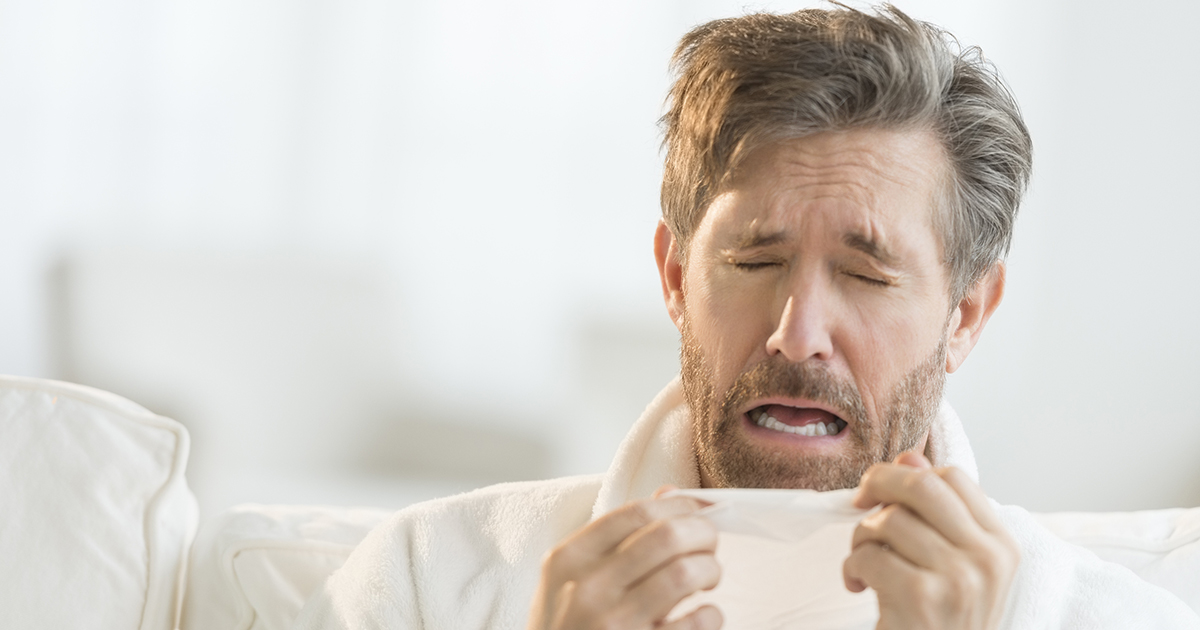
Irritated hemorrhoid pockets can be caused or worsened by coughing, sneezing, and vomiting frequently. The actions of coughing, sneezing, and vomiting involves the simultaneous contraction of muscles in the chest, abdomen, and pelvic region. Rather than staying contracted for longer periods like when moving heavy furniture, these muscles contract and relax in a spasmodic manner due to the nature of coughing, sneezing, and vomiting. The spasmodic spikes in force on the muscles of the lower pelvis and perianal area can cause the pressure of blood against the walls of the blood vessels to become elevated. The blood vessel walls in the hemorrhoid pockets can become weak and flaccid as a result of the blood pressure spikes that occur in the region when the individual coughs, vomits, or sneezes. The force from simultaneous multiple muscle group contraction causes pectin band to squeeze the anal components, producing effects similar to a tourniquet around the blood vessels and hemorrhoid pockets. The tourniquet effect combined with weakened blood vessel walls causes blood to accumulate in the vessels that make up the hemorrhoid pockets. Because of repeated sphincter spasms, an individual affected by pre-existing hemorrhoid irritation from a different underlying cause can experience worsening symptoms when they cough, vomit, or sneeze.